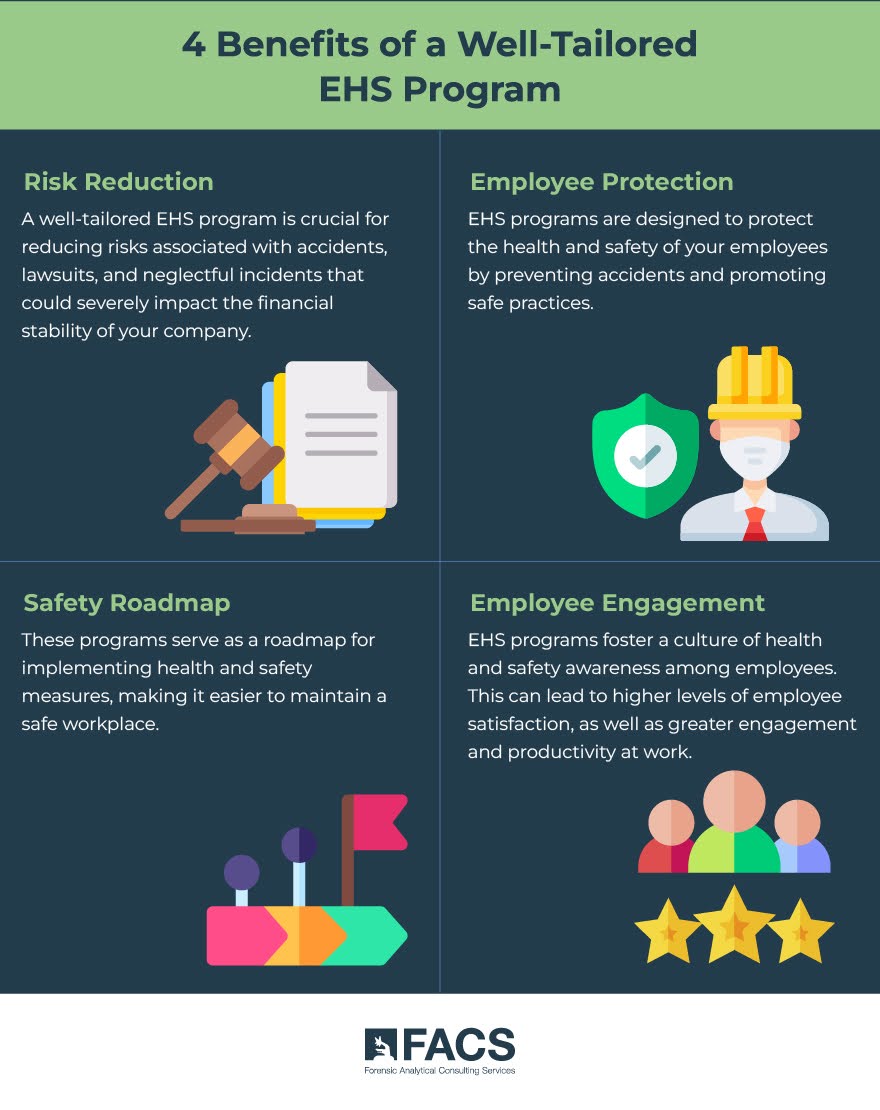If you own a business that has employees, you are subject to the requirements of OSHA (both state and federal) and other regulatory agencies. Sometimes, the red tape can get so thick that businesses are fined for violating regulations they weren’t even aware of.
Such was the case with a business owner cited for violations of his injury and illness prevention plan (IIPP) — one he downloaded as a template from the governing body that fined him. “How can they ding me for something they wrote?” he asked. “I thought I was covered.”
What the owner didn’t know is that a company is required to follow their IIPP and other environmental health and safety (EHS) programs — whether every part is applicable to them or not. The IIPP template indicated that every employee was to be trained on “crane operations,” for instance. And that’s something nobody in the company would ever be required to do.
A big question here, then, is, “Do you know what your IIPP and other EHS programs require of you?”
What is EHS, and why is it Important?
You can get health and safety program templates online, and you can get them for cheap. Smaller companies, especially, tend to love that idea. The problem is that your EHS programs should be tailored to fit your company.

The primary business reason for having tailored EHS programs is to reduce risk. Think about it: one accident deemed neglectful on your part, one lawsuit, and one incident can severely impact your finances. You can’t afford to take your EHS programs lightly.
Properly prepared, your programs will become a roadmap for protecting the health and safety of your employees, the environment, and your company. That’s why you should always begin with an assessment of your needs.
An EHS program for construction may include ladder safety, confined spaces, hazardous materials, fall protection, PPE, and more. An EHS program for healthcare may require sections for respiratory protection, airborne transmissible diseases, and bloodborne pathogens. Your company will need to address the particular issues that arise from the work you do.
Here’s something else: Your EHS program not only helps minimize your risk and protect your employees, but when implemented well, the programs it spawns help create a culture of health and safety awareness in your company that can pay off big time in employee satisfaction, fewer injuries and illnesses, and more engagement at work.
Do I Need Professional EHS Help?
In general, unless you have EHS professionals on staff, you would benefit from asking for help. The risk is too high not to get a candid and specific assessment of your current EHS readiness.
Here are the types of situations we most often address with our clients:
- We work with younger or growing companies that currently have no formal EHS programs and want to get into compliance.
- We help companies with existing EHS programs that need to be updated (many times because they were fined during an inspection).
- We perform gap analyses and onsite audits to confirm compliance with the EHS programs.
- We train employees and management to carry out the EHS programs that have been put into place.
Having a program is the first step, but in order for it to be effective, it must specifically address your situation. You must train your people on the EHS programs, you must keep the programs updated, and you must verify they are being followed.
What Else Should I Know About EHS Programs?
The main thing to know is that regulations can be a pain, but they can also be a benefit. They can help keep you and your business solvent, they can protect your employees from senseless accidents, and they can help safeguard the environment.
Don’t just download an EHS template so you can check the box that says you have one. Take EHS seriously — for it is serious. Develop a program that will serve you and your company so you can serve others. Call FACS for more information: (888) 711-9998.